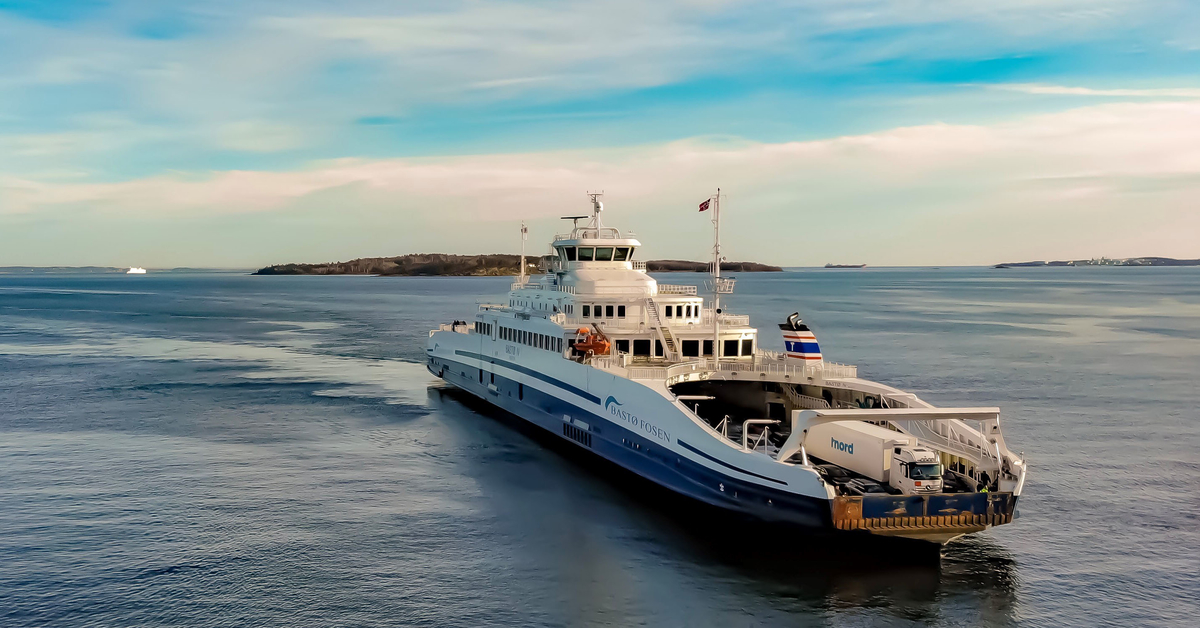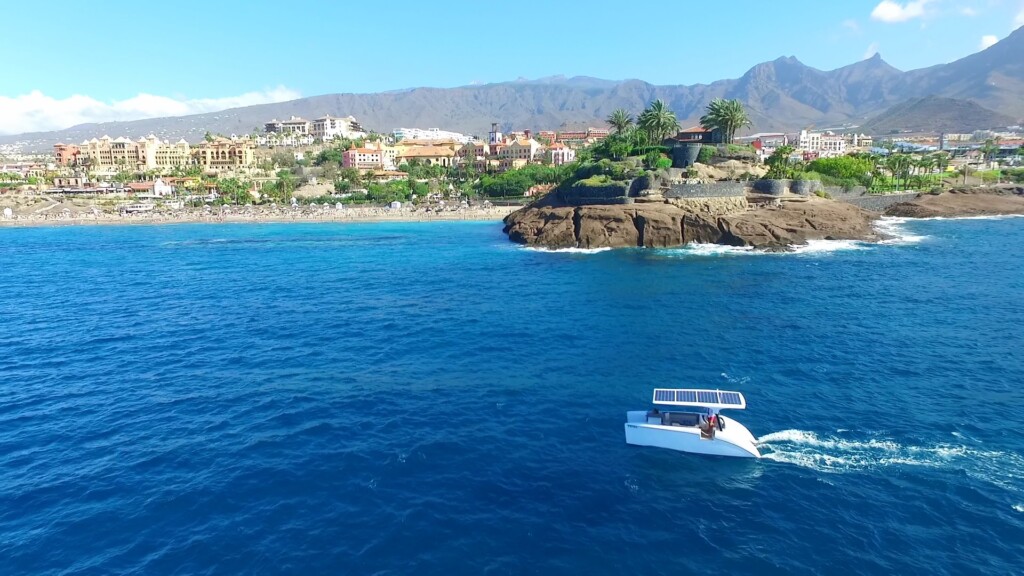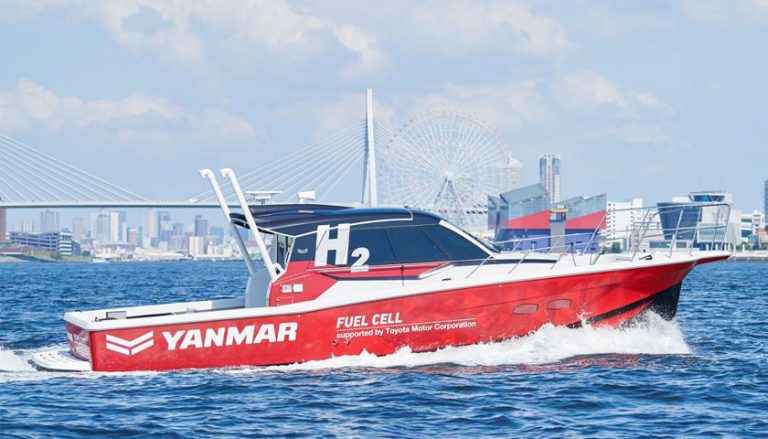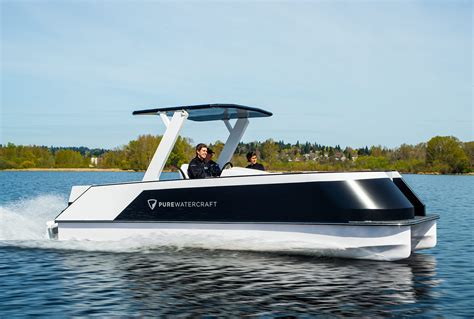
Norway, known for its success in electrifying cars, is now focusing on electrifying water transport, including ferries. The MF Bastø Electric, a recently added fully-electric ferry, can carry 200 cars or 24 trucks along with 600 passengers. With plans to establish charging facilities on both ends of its route, Norway is on its way to achieving emission-free travel across all modes of transportation.
Norway, known for its successful initiative in electrifying cars on its roads, has now shifted its focus towards electrifying various modes of transportation. With its extensive coastline and numerous fjords, water transport has gained popularity in the country. As a result, Norway has been gradually increasing the number of hybrid or electric ferries in operation.
Among the recent additions to Norway’s electric fleet is the MF Bastø Electric, which was constructed in Turkey by the Sefine Shipyard. This fully-electric ferry has the capacity to carry either 200 cars or 24 trucks, along with 600 passengers. The ferry is impressive in size, measuring 139.2 meters in length and 21 meters in width. It can achieve a speed of up to 13 knots (15 mph or 24 km/h).
Primarily catering to Norway’s busiest ferry route, spanning approximately 10.5 km (5 miles), the MF Bastø Electric is set to provide efficient and eco-friendly transportation for both individuals and cargo.
The MF Ampere, which debuted in early 2015, was the first fully-electric ferry to enter active service in Norway. However, the ferry we are currently discussing is not only larger but also has a battery capacity of 4.3 mWh. It is designed to autonomously complete between 20 and 24 crossings per day, thanks to a proprietary system by Kongsberg Maritime. The total distance of each crossing is 67 nautical miles, taking passengers between Horten and Moss, across the Oslo Fjord.
Currently, charging is only available on the Horten side. However, there are plans to establish a charging facility on both ends of the route. The peak rate of charge will be 9 MW, but routine charging will not exceed 7.2 MW. This electric ferry represents another significant step in Norway’s commitment to sustainable transportation.
Norway is on track to become the first country in the world to achieve emission-free travel across all modes of transportation. This Scandinavian nation has placed a strong emphasis on electrifying various forms of transport. Although electric aircraft remain the ultimate goal in this green revolution, they have not yet reached the stage of full implementation. However, with the current trajectory, it is only a matter of time before Norway achieves this milestone.
Norway is shifting its focus towards electrifying various modes of transportation, including water transport. To meet this goal, the country has been increasing the number of hybrid or electric ferries in operation. One of the recent additions is the MF Bastø Electric, a fully-electric ferry that can carry 200 cars or 24 trucks, along with 600 passengers, providing efficient and eco-friendly transportation for both individuals and cargo.
For carrying up to 10-12 passengers we recommend checking Solliner 31 Ferry version.



